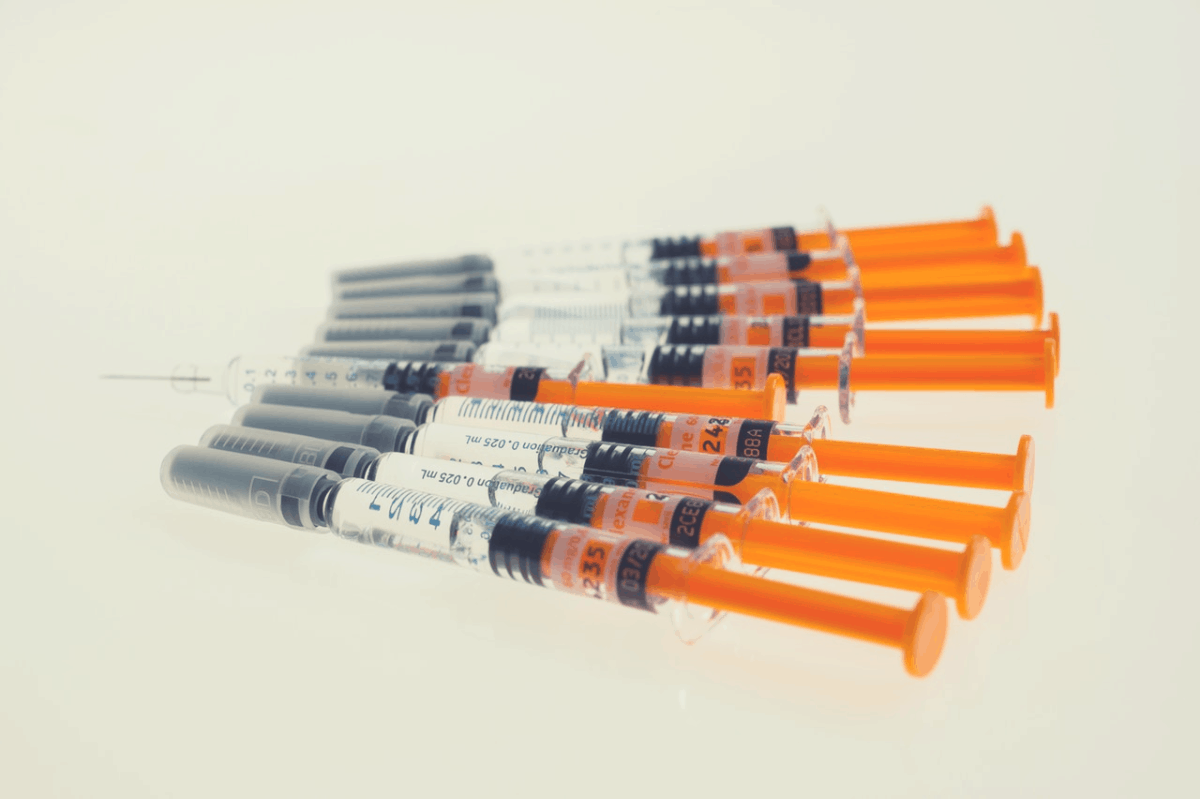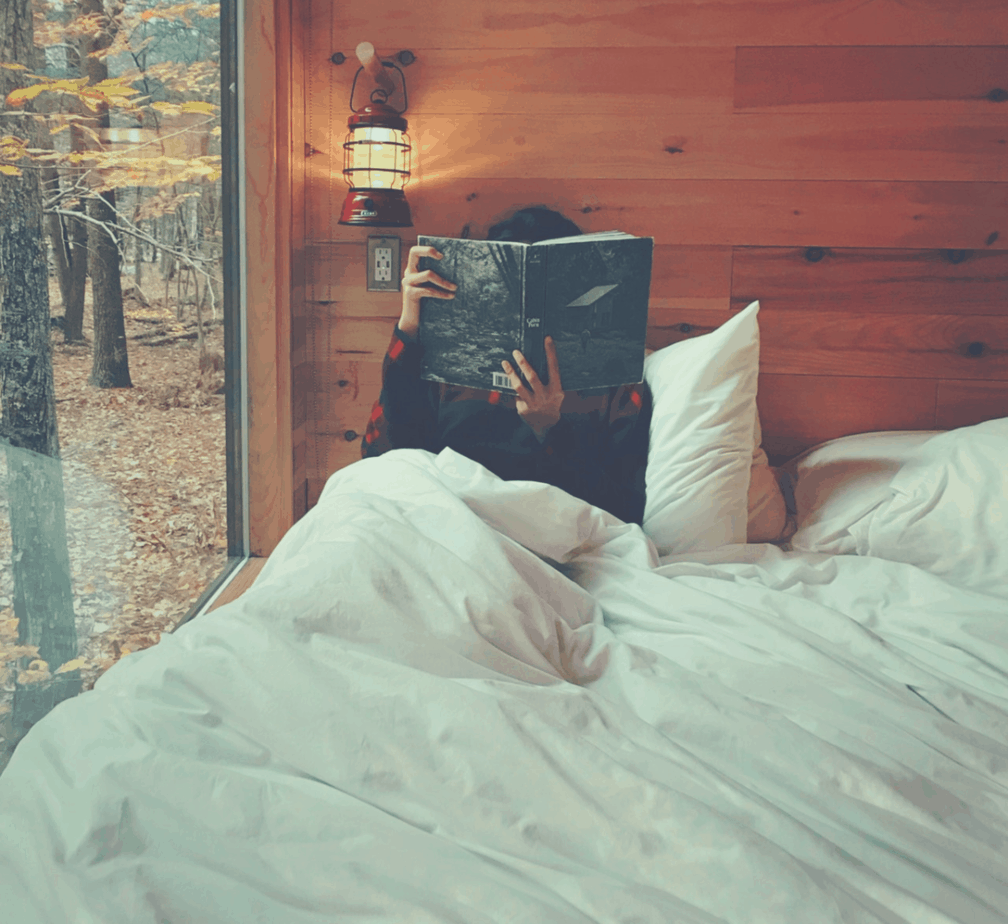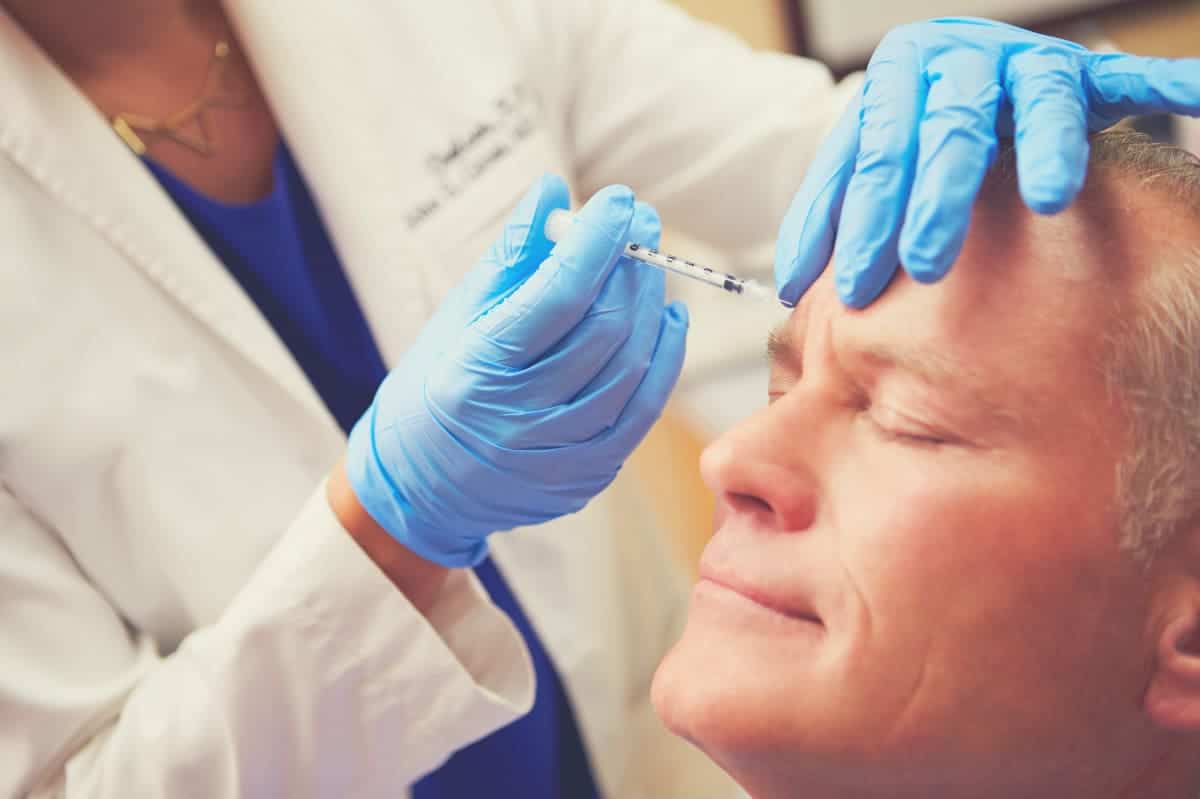Botox treatments have become a popular cosmetic procedure for reducing wrinkles and treating various muscle conditions.
However, there are some things you should know about sleeping after a Botox treatment.
In this blog post, we’ll go over why it’s important to avoid sleeping too soon after the treatment, the best time for a Botox appointment, and tips for sleeping after the procedure to ensure the best results.
Whether you’re a first-time Botox patient or just curious about the procedure, this article will provide you with the information you need to know.
When can I sleep after a Botox treatment?
The minimum amount of time you should wait before sleeping is 6 hours after treatment. Sure, many doctors recommend 4 hours, but every body is unique, so an extra 2 hours should give the neurotoxins enough time to penetrate your muscles.
If you nap too quickly after treatment, you run the risk of the injected neurotoxins moving away from the target muscles and into the surrounding areas.
One of the reasons Botox has become so popular is its non-invasive nature compared to other cosmetic procedures. It is so simple that you can return to your daily activities immediately after your appointment.
Why do you feel sleepy after Botox treatment?
Drowsiness is one of the main side effects of botulinum injections. Experts aren’t sure if this is due to neurotoxins or some other reason. But it’s important to avoid sleeping right after Botox treatments if you want the best results.
Botox is a cosmetic procedure that involves injecting neurotoxins into certain muscle groups. These injections can reduce wrinkles on the face to slow the aging process. Many people also receive Botox to treat strabismus and excessive underarm sweating.
It’s easy to think that you wouldn’t want anything to do with sleep after these injections. But that can be the exact opposite.
Here are some Botox side effects that may increase the temptation to jump into bed.
- Dizziness
- Nausea
- Headache/migraine
- Fatigue
- Breathing problems
- Muscle weakness
Why should you avoid sleeping right after Botox treatment?
You already know that napping a few minutes or hours after a Botox injection is an absolute no-no. Here’s a detailed look at why you should avoid it at all costs, unless there’s a health emergency or something.
Neurotoxins migrating from the injection sites
As mentioned earlier, the neurotoxins that are injected into certain muscles take time to effectively penetrate those muscle groups. If you lie down hastily, the botulinum toxins can migrate into the surrounding muscles, which can affect your expected results.
The surrounding muscles that absorb the migrating neurotoxins will not be spared either. You become susceptible to side effects that can cause rashes, irritation, and bruising.
Increased swelling
Some degree of swelling within the treatment area is normal after Botox. However, jumping into bed soon after the procedure can worsen the swelling and make other side effects, such as redness and irritation, worse.
The swelling may become so severe that you may not be able to go to work the next day. After all, you don’t want to walk around with a swollen face that makes it obvious you’ve had Botox, do you?
What is the best time for a Botox Procedure?

A morning appointment is always best to receive Botox injections. For example, if you get injected at 9am, you have about 12 hours after treatment before you go to bed if you sleep regularly at 9-10pm.
This should be more than enough for the target muscles to achieve maximum uptake of the injected neurotoxins.
Also, your wakefulness level is much higher in the morning. This means that the likelihood of feeling sleepy after the procedure is minimal, especially if you slept well the night before.
If a morning appointment is out of the question for some reason, a lunchtime Botox treatment might not be a completely bad idea. You’ll get a whopping 9 hours before bedtime.
For the best results, you should always avoid late afternoon appointments. Sure, it may be easier to get a free appointment after noon, but that’s because no one wants them. Getting Botox in the late hours of the day can be a waste of money while exposing you to unnecessary risks.
Tips for sleeping after Botox
Sure, sleeping right after Botox treatment can lead to a lot of bad side effects, as mentioned above. But even if you stay awake for 10 hours after a morning procedure, you’ll need to retire to bed at night. What are the best tips for sleeping after Botox treatment to minimize side effects and get the best results?
What is the best sleeping position after Botox treatment?
Sleeping on your back is the best position after Botox. While the mobility of the Botulism toxin should be limited 4-6 hours after the procedure, it is best to take precautions until at least 48 hours.
This is why doctors and Botox experts recommend sleeping on your back for the first 2 nights after injections in the treatment area.
Lying on your stomach the first night after wrinkle injections can put excessive pressure on the injected muscles. Although the risk of neurotoxins spreading to other muscles is probably low at this point, the consequences can still be fatal.
How about sleeping on your side after Botox? Is that OK? Well, even side sleepers are not safe as your face will still be in contact with the pillow and the bed.
It’s no secret that a sudden change to a new sleeping position can be uncomfortable. This means that side and stomach sleepers can have major problems lying face up. Fortunately, you can always return to your default sleeping positions from the third night onwards.
But what happens if you accidentally wake up on your side or stomach the first night or two after Botox treatment? As long as you don’t feel any pain or discomfort, just return to your back and sleep.
Layer pillows around you
A thick layer of pillows around you can help protect the freshly injected Botox sites. If you share a bed with your partner, this can prevent you from moving around at night, which can lead to sex or cuddling.
A thick layer of pillows can also prevent restlessness. Remember that a quiet night’s sleep the first few nights after Botox treatment can promote maximum penetration of the neurotoxins into the muscles of the injection site.
This guarantees long-lasting results and hence good value for your money.
Should I use clean pillows and bedsheets after Botox treatment?

Sleeping on a dirty pillow or mattress is the last thing you need after Botox. Sure, you may have waited the recommended 4-6 hours after the procedure to lie down. But keep in mind that the injection sites are still sensitive and any contact with bacteria can lead to severe injections.
To be safe, sleep on a fresh pair of sheets and pillowcases the first night after your procedure.
How can Botox affect your sleep?
If you have sleep problems on a regular basis, it’s only normal to want to know if Botox can affect your sleep. The answer is yes, Botox side effects ranging from injection pain to swelling can cause sleep disturbances the first few nights after the procedure.
Here are the main obstacles to a good night’s sleep after Botox treatment.
Migraines
Botox injections take their heaviest toll on your body within the first 24 hours. Severe migraine attacks are common, which can affect your ability to sleep. Unfortunately, many doctors advise against taking painkillers like Tylenol and ibuprofen after Botox.
This is due to their blood-thinning properties, which can lead to worsened bruising after the procedure.
Droopy eyelids
When Botox is injected around the eyes, it can diffuse into the eyelid muscles and cause droopy eyelids. The affected eyelids will likely return to normal once the effects of the injections wear off, but sleep may suffer in the meantime.
If injected around the eyes, Botox can diffuse into the eyelid muscles and cause The affected eyelids will likely return to normal as the effects of the injections wear off but sleep may suffer in the meantime.
Anxiety
One of the main causes of insomnia is anxiety. Many Botox fans experience increased anxiety the first few nights after the procedure, which can lead to sleep disturbances.
Can you lay on a tanning bed after Botox?
This is a popular question among those who like to book Botox appointments on vacation.
So can you lay on a tanning bed after Botox? The answer is no. Jumping into a tanning bed immediately after Botox can be a bad idea. This is because the toxins take 4-6 hours to fully penetrate the injected muscles.
Also, prolonged exposure to excessive heat can worsen bruising from the injections. For this reason, experts recommend waiting at least 6 hours before tanning your skin. But why not just do it after 24 hours?
Can You Get a Facial After Botox
A full day of leisure activities like Botox and facial massages can seem very attractive. On a weekend or day off, you may feel tempted to check several things off your bucket list by scheduling a few procedures together.
But, can you get a facial after Botox? The answer is no. Facials and massages put pressure on the same muscles that received the Botox injections. However, doctors advise not to apply pressure to the affected areas within the first 24 hours.
This means that a massage or facial is the last thing you should think about after Botox. You wouldn’t want the injected neurotoxins to diffuse into the surrounding areas, would you?
Plus, massages and facials can’t be complete without you having to lie face down at some point. This goes against the advice of experts that you should be on your feet for several hours after the site injections.
Also, avoid touching your face for as long as possible after the procedure. This can be very tempting every time you look in the mirror. But resisting the temptation will lead to better results.
So how soon after Botox can you get a facial massage? The answer is: at least 7 days. By then, the injected muscles should be well healed from the neurotoxins. And the pressure of a masseuse’s hands should be easier to bear.
Can you take sleeping pills after Botox treatments?
Sleeping pills can provide relief from the effects of insomnia. If you have just undergone a Botox injection, it is only normal to wonder if it is OK to continue taking the tablets.
So can you take sleeping pills after Botox? The answer is yes. There is no evidence that sleeping pills like Ambien react badly with Botox.
Conclusion
Sleeping after Botox is a bad idea. If you need to lie down, wait about 6 hours after the procedure. Side effects of Botox-like dizziness can make you feel sleepy, but it should be worth it for you to resist the temptation.
Always remember, the longer you wait to sleep after Botox, the better it is for you.
